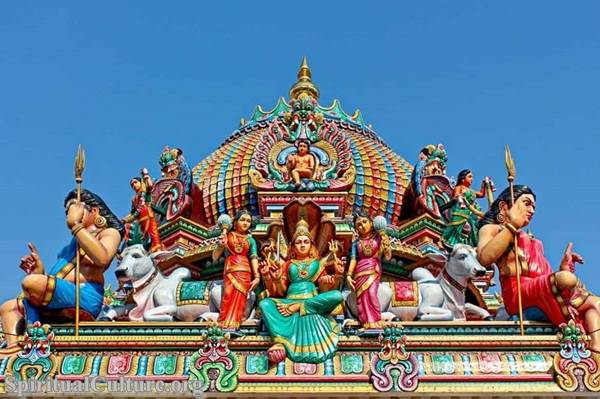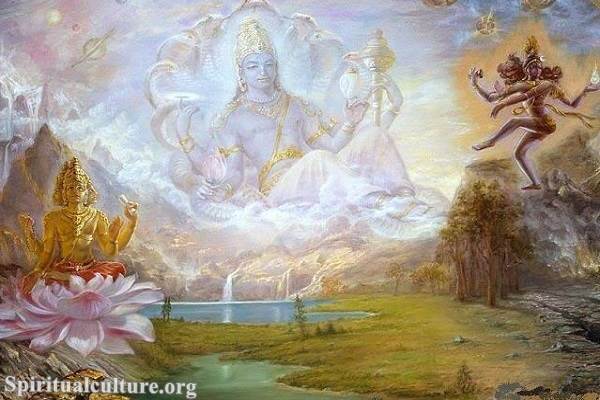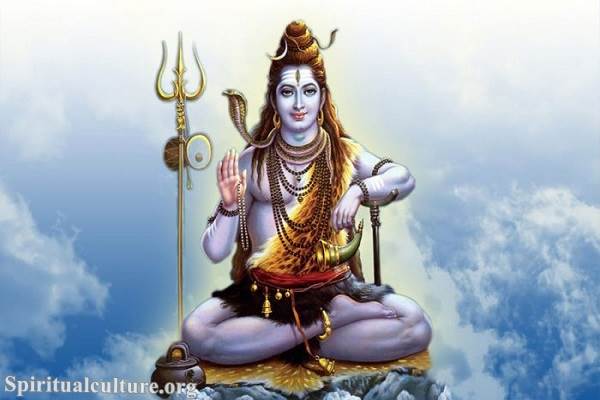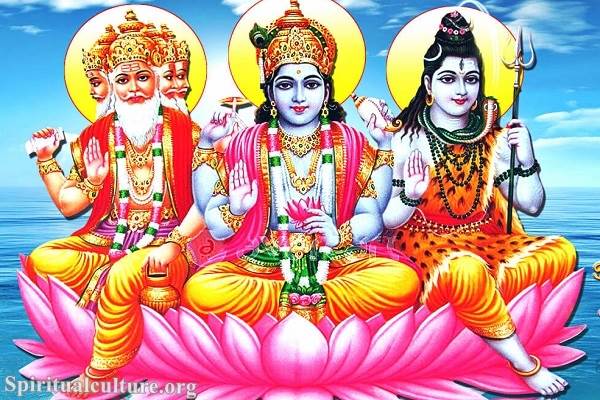It refers to the moral and ethical principles that govern individual behavior and the natural laws that govern the universe. In Hinduism, dharma is seen as the foundation of social order, and it is believed that adhering to dharma is necessary for attaining spiritual fulfillment and ultimate liberation.
In Hinduism, dharma is the moral and ethical code guiding individuals to lead a virtuous life. It includes duties, rights, laws, conduct, virtues, and the ‘right way of living’ that apply to all individuals regardless of class, caste, or religion. It is the principle of cosmic order and righteousness that upholds the universe. The ultimate goal of an individual in Hinduism is to fulfill their dharma, which leads to moksha or liberation from the cycle of reincarnation.
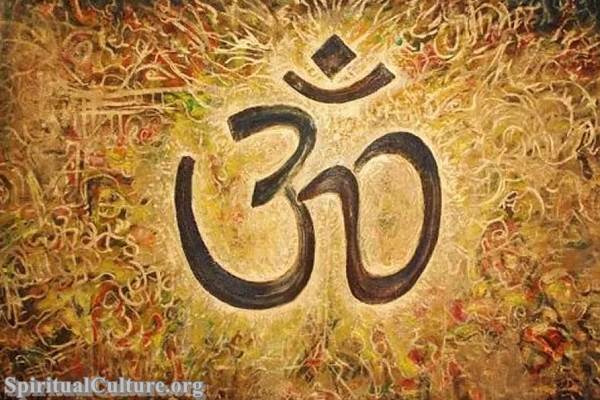
Dharma is also seen as an individual’s duty in society, based on their caste and stage of life. For example, the dharma of a student is to study and acquire knowledge, while the dharma of a ruler is to protect and govern justly. In Hinduism, it is believed that fulfilling one’s dharma leads to the attainment of good karma and the ultimate goal of moksha.
However, it is also important to note that the concept of Dharma is not fixed and unchanging, as it can vary according to time, place, and circumstance. The Hindu scriptures, like the Vedas and Upanishads, provide guidance on dharma, but ultimately, it is up to an individual to interpret and follow their own understanding of it.
In addition to being a personal and social duty, Dharma is also considered to be a cosmic principle that upholds the natural order of the universe. The laws of Dharma govern the actions of all beings, including gods, humans, and demons. Adhering to Dharma is necessary for maintaining balance and harmony in the universe.
Dharma is also closely related to the concept of karma, which refers to the moral consequences of one’s actions. Good actions lead to good karma, while bad actions lead to bad karma. Fulfilling one’s Dharma is believed to lead to good karma and, ultimately, to liberation from the cycle of reincarnation.
In Hinduism, there are different types of Dharma, including:
- Svadharma: refers to one’s personal duty and responsibilities based on one’s caste, stage of life, and individual abilities.
- Sanadharma: refers to the duty and responsibilities of a group or community, such as a caste or profession.
- Varnadharma: refers to the duty and responsibilities of an individual based on their caste.
- Rajadharma: refers to the duty and responsibilities of a ruler or leader.
It is important to note that the concept of Dharma is open to interpretation and can vary among different schools of thought within Hinduism. However, the basic principle of adhering to moral and ethical principles in order to attain spiritual fulfillment and ultimate liberation is common among all interpretations of Dharma.
